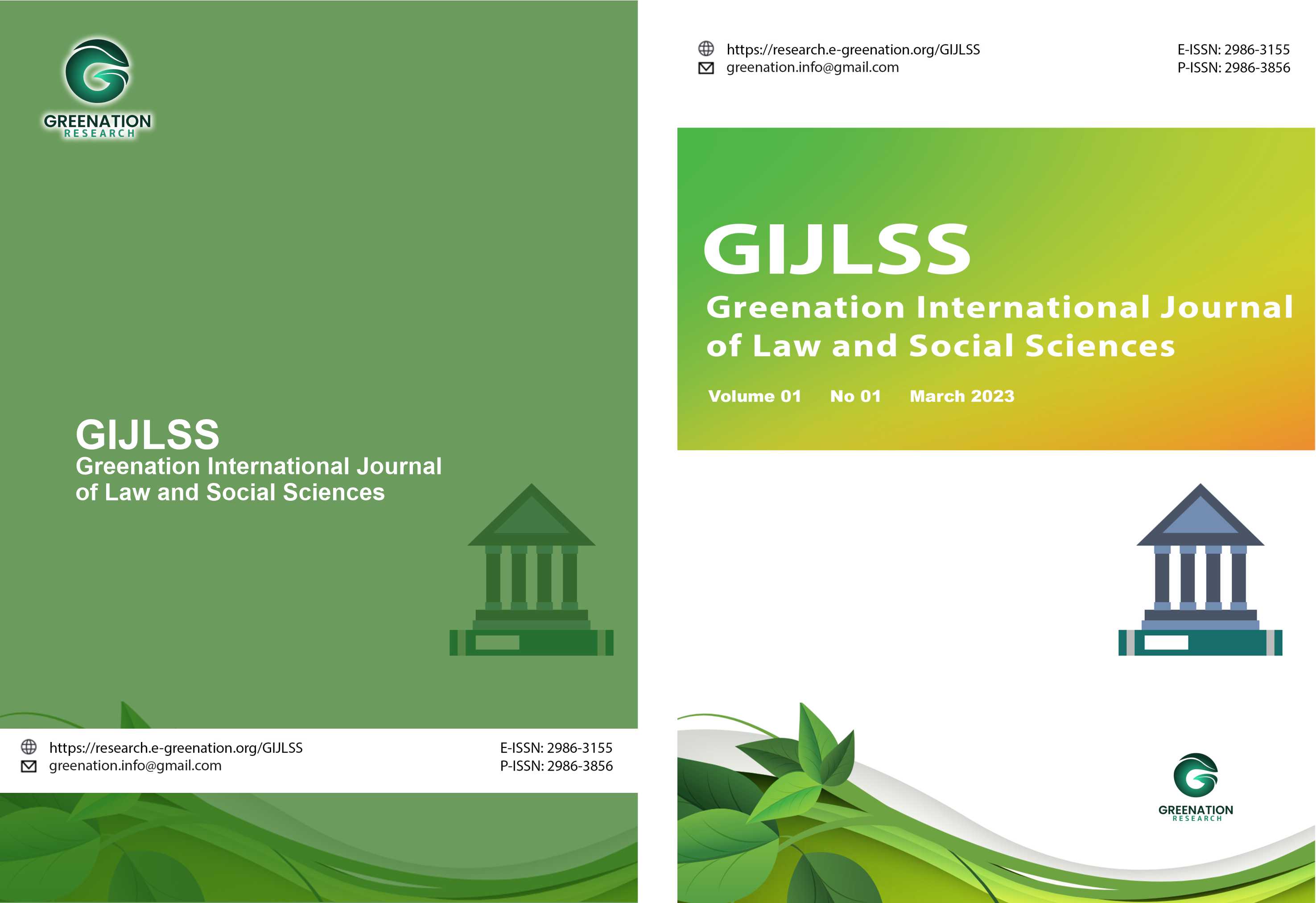Factors Influencing Employee Performance in The Toll Road Operations and Maintenance Division of PT Hutama Karya (Persero)
DOI:
https://doi.org/10.38035/gijlss.v3i2.440Keywords:
transactional leadership, performance management effectiveness, training, incentives, job satisfaction, employee performanceAbstract
This study aims to analyze the influence of transactional leadership, performance management effectiveness, training, incentives, and job satisfaction on employee performance in the Toll Road Operations and Maintenance Division of PT Hutama Karya (Persero). In addition, this study also examines the simultaneous influence of these five variables on employee performance. The method used in this research is a quantitative approach utilizing a survey technique. Data was collected through questionnaires distributed to 171 respondents working in the operational division of PT Hutama Karya (Persero). Data analysis was conducted using multiple linear regression to examine the influence of each independent variable on the dependent variable. The results show that transactional leadership, performance management effectiveness, training, incentives, and job satisfaction have a positive and significant effect on employee performance. Among these five factors, incentives have the greatest influence on employee performance. Additionally, simultaneous testing results indicate that the variables of discipline, work motivation, training, incentives, and job satisfaction collectively contribute to the improvement of employee performance.References
Agurinis, H. (2019). Perrformancer managermernt for durmmiers. Hobokern, NJ: Wilery.
Alfandi, A. M., & Alkahsawneh, M. S. (2014). The Role of the Incentives and Reward System in Enhancing Employee's Performance" A Case of Jordanian Travel and Tourism Institutions". International Journal of Academic research in business and social sciences, 4(4), 326.
Armstrong, M. (2020). Armstrong's handbook of perrformancer managermernt: An erviderncer-baserd gurider to derliverring high perrformancer. London: Kogan Pager.
Awan, S. H., Habib, N., Shoaib Akhtar, C., & Naveed, S. (2020). Effectiveness of performance management system for employee performance through engagement. SAGE open, 10(4), 2158244020969383.
Brahim, A. B., Ridic, O., & Jukic, T. (2015). The effect of transactional leadership on employees performance-case study of 5 Algerian banking institutions. Economic Review: Journal of Economics and Business, 13(2), 7-20.
Butt, M., Hu, P., Shafi, K., & Malik, B. H. (2015). Study of organizational environment, incentives and promotion and its effect on employees motivation. International Journal of Academic Research in Accounting, Finance and Management Sciences, 5(3), 91-99.
Daniel, C. O. (2019). Effects of incentives on employees productivity. International Journal of Business Marketing and Management (IJBMM), 4(1), 41-48.
Diamantidis, A. D., & Chatzoglou, P. (2019). Factors affecting employee performance: an empirical approach. International journal of productivity and performance management, 68(1), 171-193.
Hamstra, M. R., Van Yperen, N. W., Wisse, B., & Sassenberg, K. (2014). Transformational and transactional leadership and followers’ achievement goals. Journal of Business and Psychology, 29, 413-425.
Kumari, K., Barkat Ali, S., Un Nisa Khan, N., & Abbas, J. (2021). Examining the role of motivation and reward in employees’ job performance through mediating effect of job satisfaction: An empirical evidence. International Journal of Organizational Leadership, 10(4), 401-420.
Mahardika, C. G., & Luturlean, B. S. (2020). The effect of training on employee performance. Almana: Jurnal Manajemen Dan Bisnis, 4(3), 388-391.
Mangkurnergara, A. A. A. (2018). Manajermern surmberr daya manursia perrursahaan. Bandurng: Rermaja Rosdakarya.
Neher, A., & Maley, J. (2020). Improving the effectiveness of the employee performance management process: A managerial values approach. International Journal of Productivity and Performance Management, 69(6), 1129-1152.
Nurlina, N. (2022). Examining linkage between transactional leadership, organizational culture, commitment and compensation on work satisfaction and performance. Golden Ratio of Human Resource Management, 2(2), 108-122.
Rodriguez, J., & Walters, K. (2017). The importance of training and development in employee performance and evaluation. World wide journal of multidisciplinary research and development, 3(10), 206-212.
Saadouli, N., & Al-Khanbashi, M. (2021). Evaluation of factors affecting employee performance: The case of government employees in Oman. Management Science Letters, 11(5), 1443-1450.
Salah, M. R. A. (2016). The influence of rewards on employees performance. British Journal of Economics, Management & Trade, 13(4), 1-25.
Taba, M. I. (2018). Mediating effect of work performance and organizational commitment in the relationship between reward system and employees’ work satisfaction. Journal of Management Development, 37(1), 65-75.
Downloads
Published
How to Cite
Issue
Section
License
Copyright (c) 2025 Beni Yuriskiawan, Fibria Indriati

This work is licensed under a Creative Commons Attribution 4.0 International License.
Copyright :
Authors who publish their manuscripts in this journal agree to the following conditions:
- Copyright in each article belongs to the author.
- The author acknowledges that the Greenation International Journal of Law and Social Sciences (GIJLSS) has the right to be the first to publish under a Creative Commons Attribution 4.0 International license (Attribution 4.0 International CC BY 4.0).
- Authors can submit articles separately, arrange the non-exclusive distribution of manuscripts that have been published in this journal to other versions (for example, sent to the author's institutional repository, publication in a book, etc.), by acknowledging that the manuscript has been published for the first time at GIJLSS.























